To provide the best experiences, we use technologies like cookies to store and/or access device information. Consenting to these technologies will allow us to process data such as browsing behaviour or unique IDs on this site. Not consenting or withdrawing consent, may adversely affect certain features and functions.
The technical storage or access is strictly necessary for the legitimate purpose of enabling the use of a specific service explicitly requested by the subscriber or user, or for the sole purpose of carrying out the transmission of a communication over an electronic communications network.
The technical storage or access is necessary for the legitimate purpose of storing preferences that are not requested by the subscriber or user.
The technical storage or access that is used exclusively for statistical purposes.
The technical storage or access that is used exclusively for anonymous statistical purposes. Without a subpoena, voluntary compliance on the part of your Internet Service Provider, or additional records from a third party, information stored or retrieved for this purpose alone cannot usually be used to identify you.
The technical storage or access is required to create user profiles to send advertising, or to track the user on a website or across several websites for similar marketing purposes.
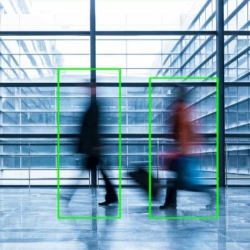 As COVID-19 infection rates reach lower levels and businesses open their doors once more, HR and facilities teams across many industries and sectors are preparing for a physical return to the workplace. With a duty to ensure the health, safety and general wellbeing of staff and visitors, there are many factors to consider, such as how to promote safe social distancing and increased cleaning regimes, while still focussing on business productivity. The roles of HR and FM will be critical in setting safe protocols if further self-isolation and lockdown measures are to be avoided. (more…)
As COVID-19 infection rates reach lower levels and businesses open their doors once more, HR and facilities teams across many industries and sectors are preparing for a physical return to the workplace. With a duty to ensure the health, safety and general wellbeing of staff and visitors, there are many factors to consider, such as how to promote safe social distancing and increased cleaning regimes, while still focussing on business productivity. The roles of HR and FM will be critical in setting safe protocols if further self-isolation and lockdown measures are to be avoided. (more…)




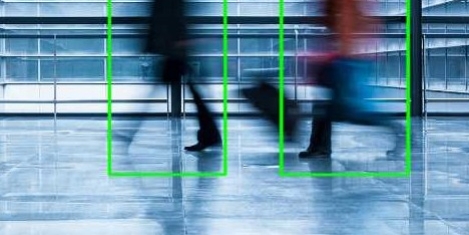


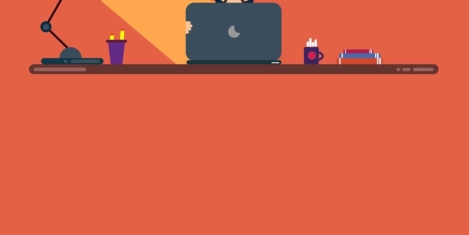
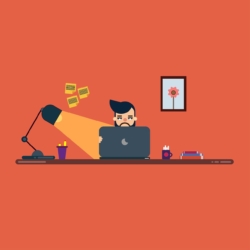




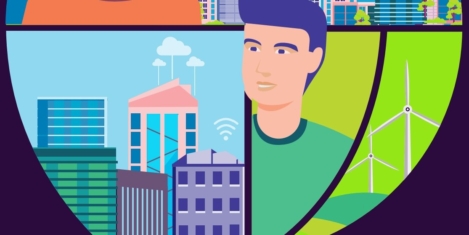
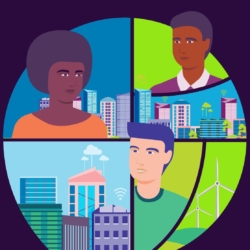





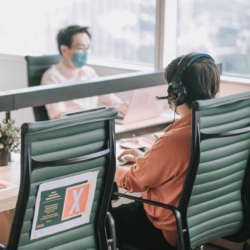
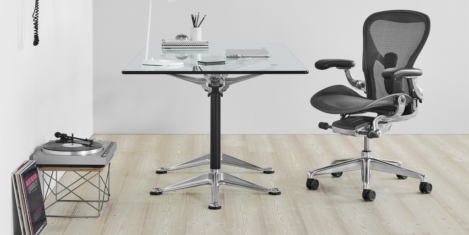











August 6, 2020
Cycling might be about to change our lives and offices permanently
by Eugene Tavyev • Cities, Comment, Workplace design